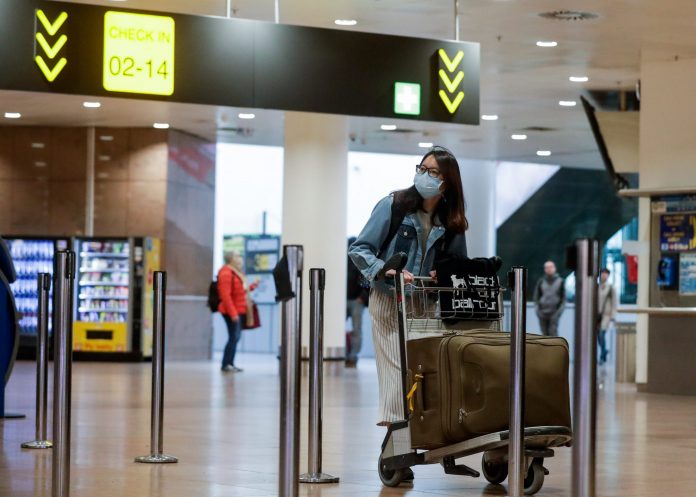Updating the rules to facilitate safe and free movement in the EU during the pandemic, EU ministers reconfirmed on January 25 the possession of a valid EU Digital COVID Certificate should, in principle, be sufficient when travelling during the pandemic, Health and Food Commissioner Stella Kyriakides and Justice Commissioner Didier Reynders said.
“Since the start of the pandemic, we have put forward solutions to safeguard and facilitate safe and free movement in the context of health measures made necessary by the pandemic. Close coordination at the EU level has been essential, not only for the functioning of the Single Market but in particular to provide clarity and safety for people traveling within the EU,” the Commissioners said in a statement. “Clarity and predictability for our citizens is key to the success of safe travel, through our well-established and very successful EU Digital COVID Certificate,”
More than 1.2 billion certificates issued testify to the success of this tool, which has been rolled out across the EU and on a global scale.
This agreement puts the EU Digital COVID Certificate at the heart of Brussels’ attempt to coordinate a Europe-wide approach to travel during the pandemic. Each individual member of the bloc will decide how to implement the deal based of the circumstances it is facing.
The Omicron variant of COVID has spread across Europe and additional protocols regarding the freedom of movement have been introduced in the EU in recent past weeks, making travel more cumbersome and less predictable across the European Union
According to the EU Council, among the key updates of the recommendation is the alignment of the validity period to 270 days for the primary vaccination cycle. Any measures restricting free movement must be non-discriminatory and proportionate, meaning that the EU’s 27 members should not, in principle, refuse entry to those traveling from other members of the bloc
The recommendation entered into force on February 1 and should be applied while taking into account the status of the person instead of the situation at the regional level, with the exception of areas where the virus is circulating at very high levels. This means that a traveler’s COVID-19 vaccination, test or recovery status, as evidenced by a valid EU digital COVID certificate, should be the key determinant. A person-based approach will substantially simplify the applicable rules and will provide additional clarity and predictability for travelers.
Person-based approach
Travelers in possession of a valid EU digital COVID certificate should not be subject to additional restrictions to free movement. A vaccination certificate for a vaccine approved at the European level if at least 14 days and no more than 270 days have passed since the last dose of the primary vaccination series or if the person has received a booster dose. Each EU country could also accept vaccination certificates for vaccines approved by national authorities or the WHO.
A negative PCR test result obtained no more than 72 hours before travel or a negative rapid antigen test obtained no more than 24 hours before travel should be accepted. A certificate of recovery indicating that no more than 180 days have passed since the date of the first positive test result will also be valid.
Those who are not in possession of an EU digital COVID certificate could be required to undergo a test prior to or no later than 24 hours after their arrival. Travelers with an essential function or need, cross-border commuters and children under 12 should be exempt from this requirement.
Map of EU regions
The European Centre for Disease Prevention and Control (ECDC) should continue to publish a map of member states’ regions indicating the potential risk of infection according to a traffic light system (green, orange, red, dark red). The map should be based on the 14-day case notification rate, vaccine uptake and testing rate.
Based on this map, EU countries should apply measures regarding travel to and from dark red areas, where the virus is circulating at very high levels. They should in particular discourage all non-essential travel and require persons arriving from those areas who are not in possession of a vaccination or recovery certificate to undergo a test prior to departure and to quarantine after arrival.
Emergency brake
Under the new recommendation, the emergency brake to respond to the emergence of new variants of concern or interest is strengthened, the Council said. When a member of the EU imposes restrictions in response to the emergence of a new variant, the Council, in close cooperation with the Commission and supported by the ECDC, should review the situation. The Commission, based on the regular assessment of new evidence on variants, may also suggest a discussion within the Council.
During the discussion, the Commission could propose that the Council agree on a coordinated approach regarding travel from the areas concerned. Any situation resulting in the adoption of measures should be reviewed regularly.








